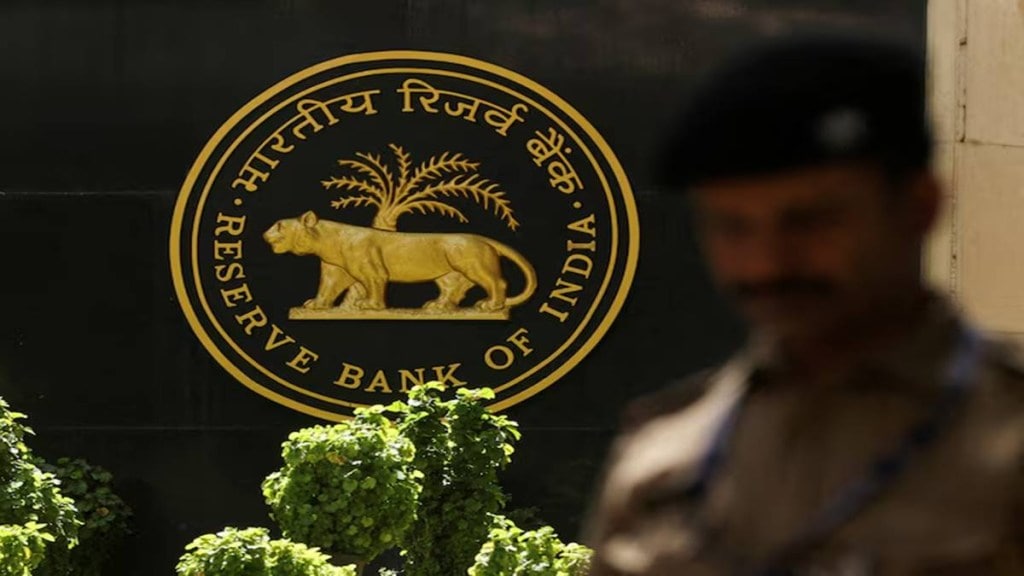Net foreign direct investment (FDI) into India fell by 96.5% in the financial year 2024-25, according to data from the Reserve Bank of India (RBI). The net FDI stood at just $353 million, the lowest ever, compared to $10 billion in FY24.
The sharp drop was mainly due to a booming IPO market, which allowed long-term foreign investors like Alpha Wave Global and Partners Group to exit with multi-billion-dollar returns from stake sales in firms like Hyundai Motor and Swiggy.
Reason behind the drop
The RBI said net FDI fell due to increased outward investments by Indian firms and higher repatriation by foreign investors. Repatriated funds touched $49 billion in FY25, up from $41 billion the previous year.
According to the data released by the RBI in its monthly bulletin, Indian firms also invested heavily overseas, spending $29 billion in outbound direct investments, up from $17 billion in FY24. This reflects a growing interest among Indian businesses to tap into global supply chains and international opportunities.
PE/VC exits hit $26.7 billion in FY25
Private equity and venture capital firms exited investments worth $26.7 billion in FY25, a 7% increase from the previous year, according to a report by IVCA and EY. Open market exits and IPOs were the preferred routes. For example, Hyundai sold part of its stake during its ₹27,870 crore IPO, while a top investor in Swiggy made over $2 billion after the listing, The Economic Times reported.
While net FDI dropped, gross inward FDI actually grew 13.7% to $81 billion in FY25. Key sectors attracting this capital include manufacturing, financial services, electricity and energy, and communication services, which together accounted for over 60% of the inflows.
India’s outward foreign direct investment (OFDI) also witnessed significant growth, rising by over 75% to $29.2 billion in 2024–25. Major destinations for these investments included Singapore, the US, UAE, Mauritius, and the Netherlands. Sectoral data revealed that financial, banking and insurance services led the way, followed by manufacturing, and wholesale and retail trade, restaurants, and hotels.

